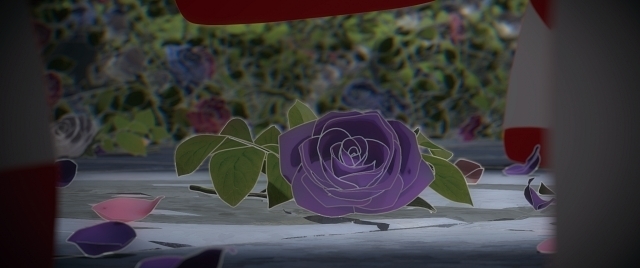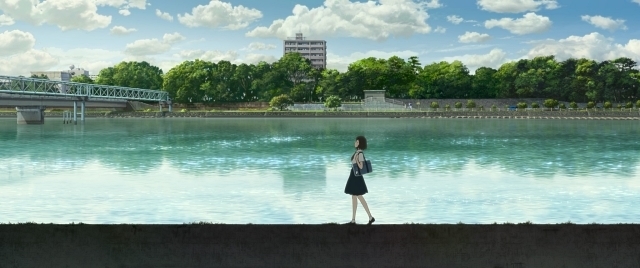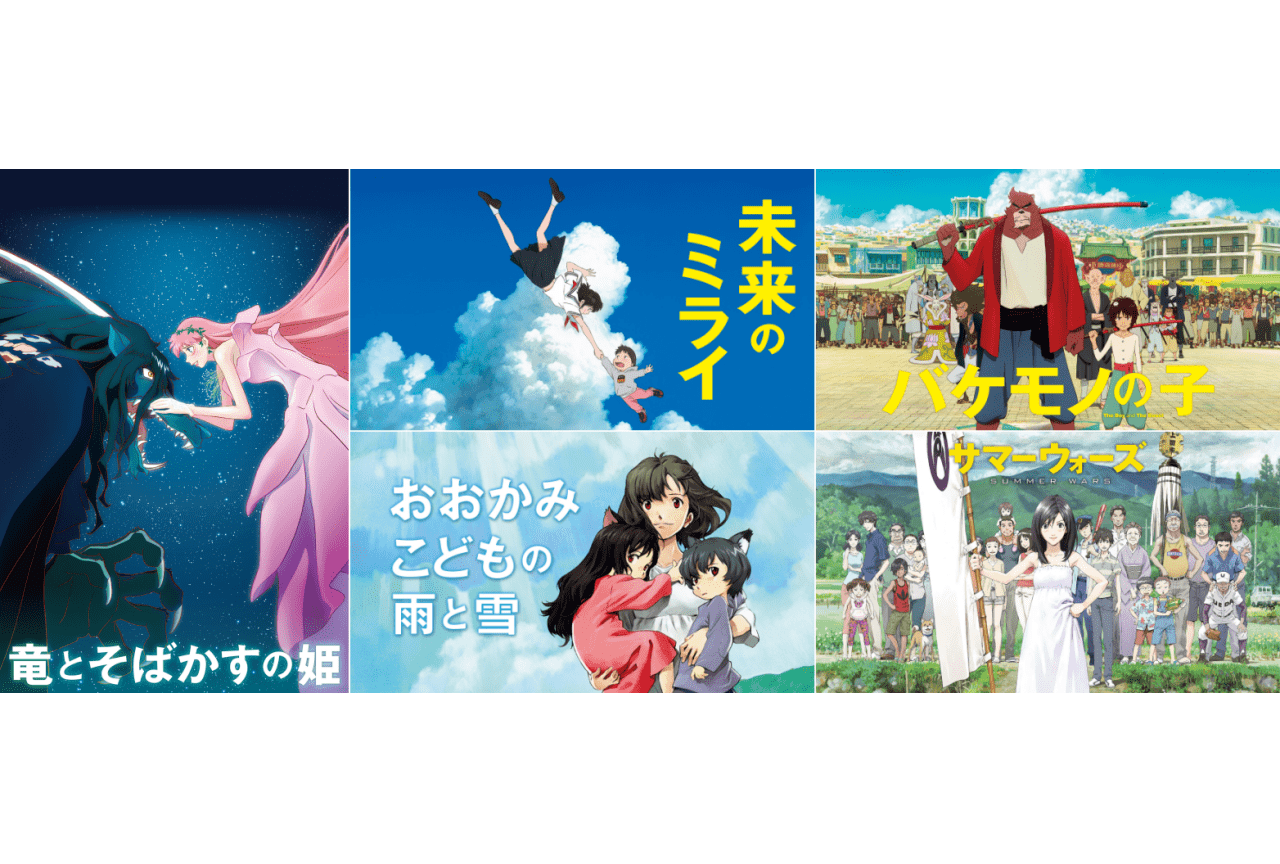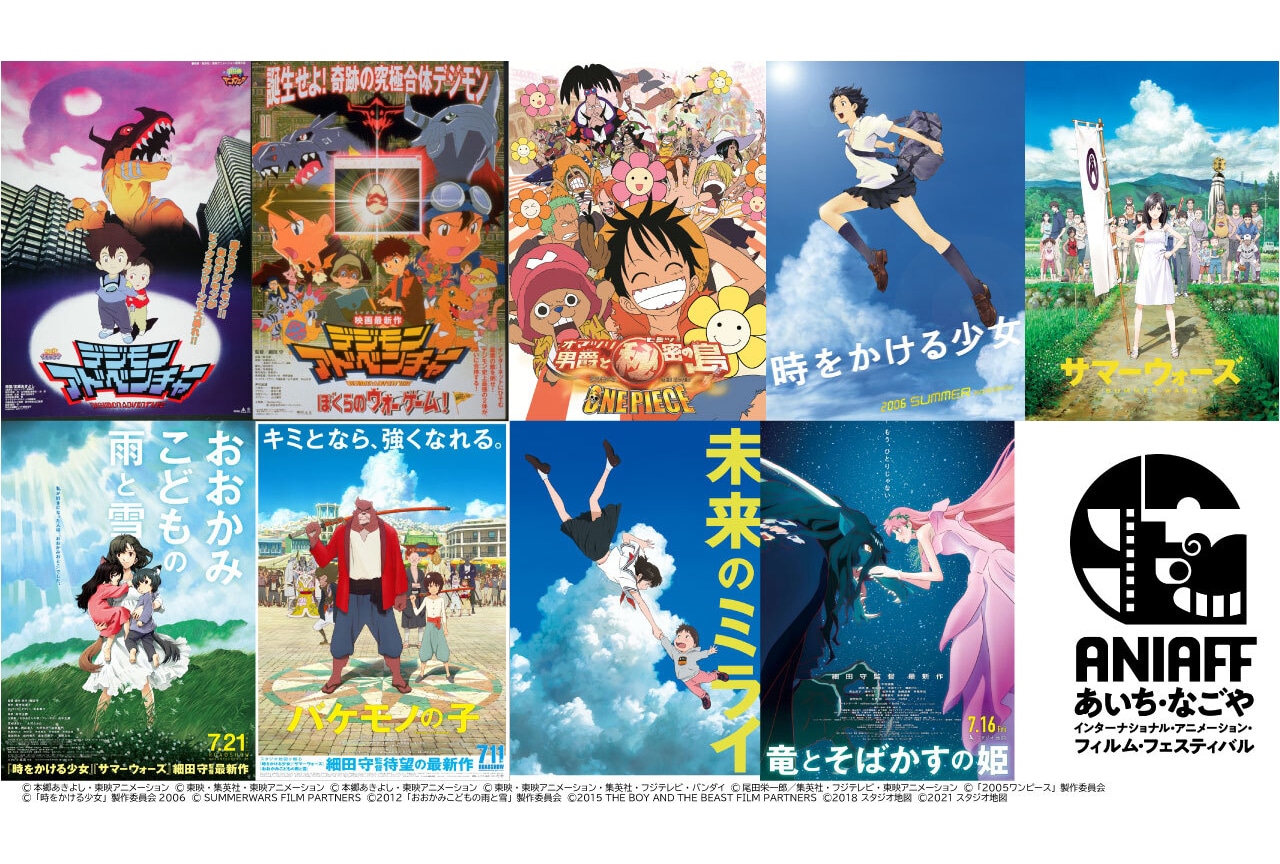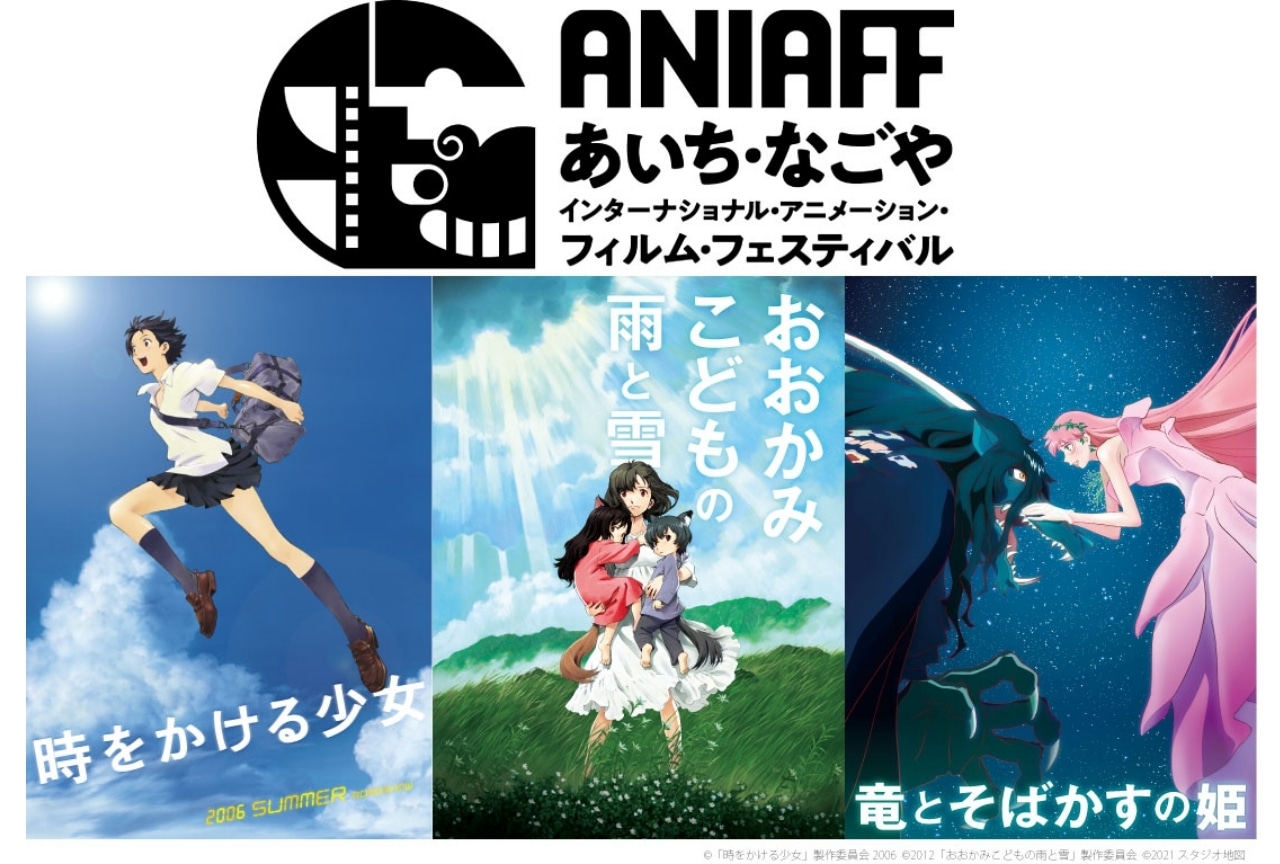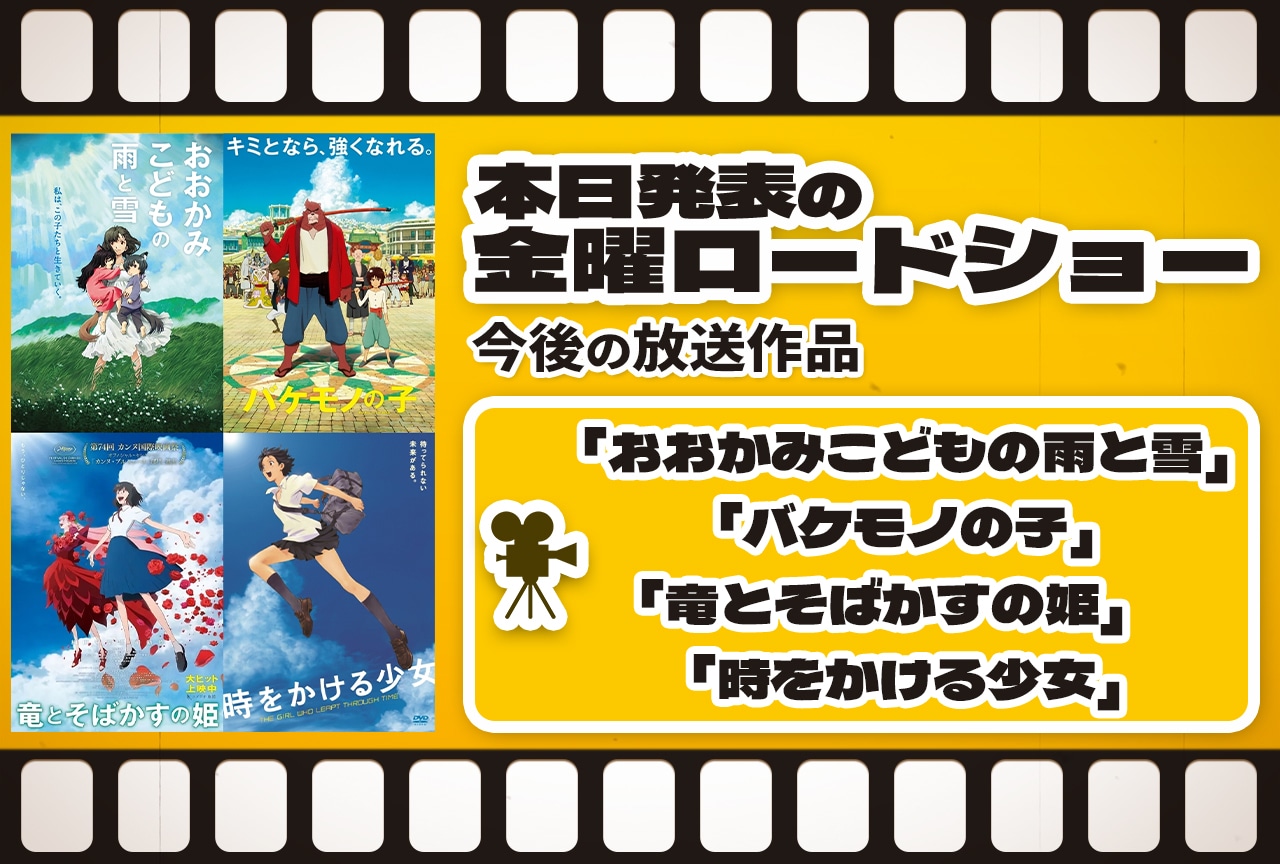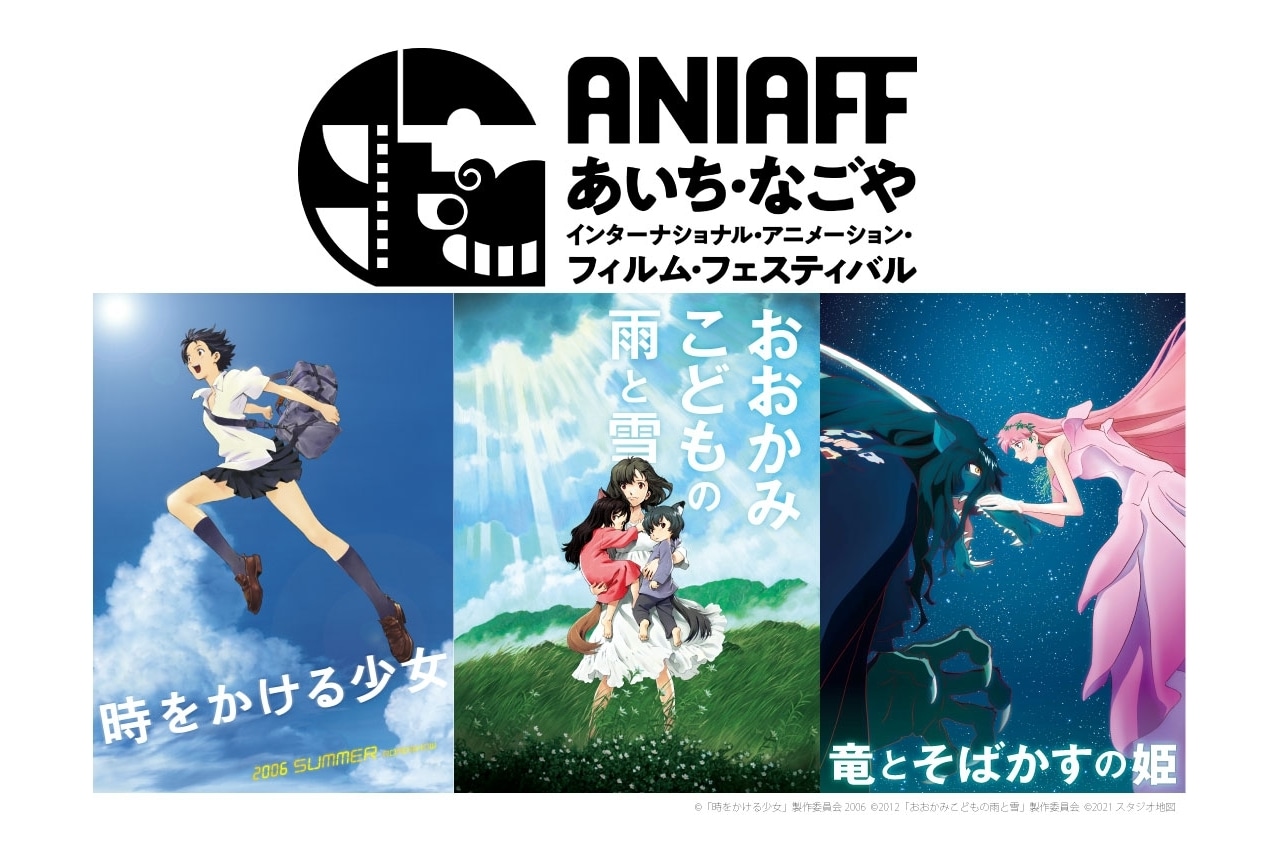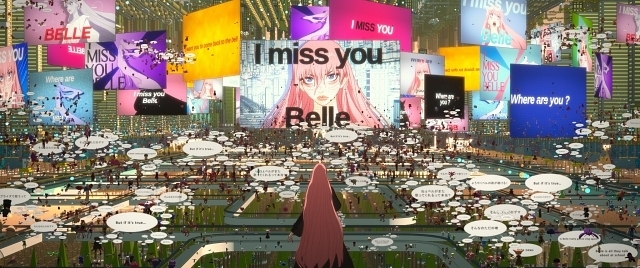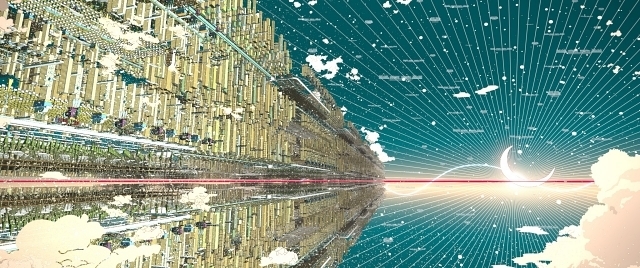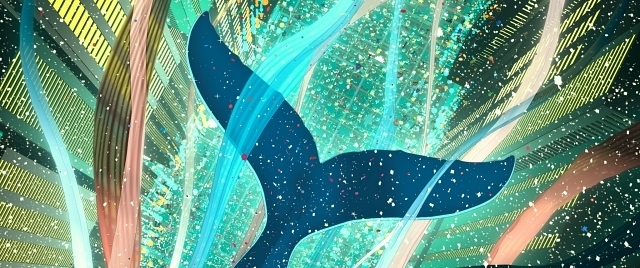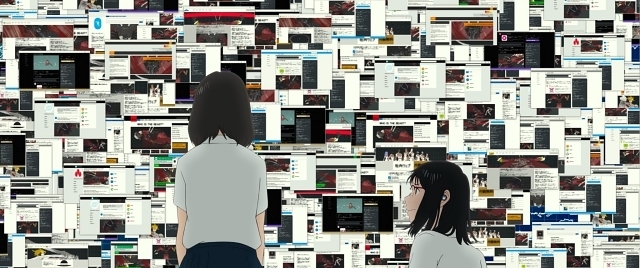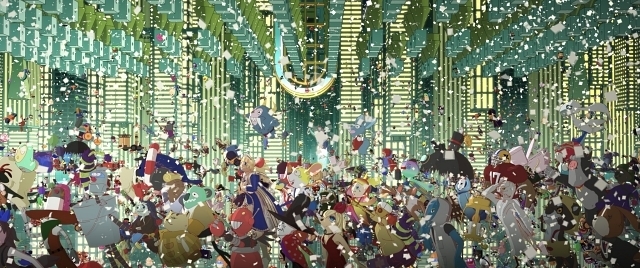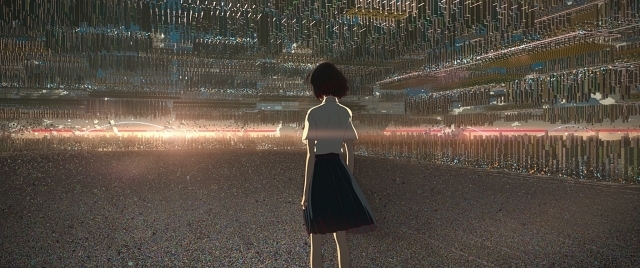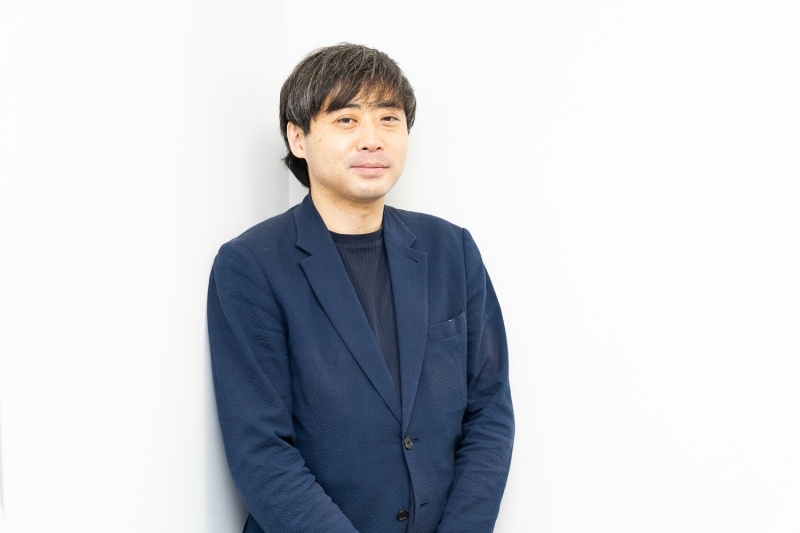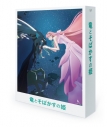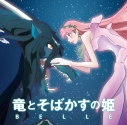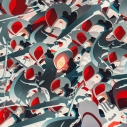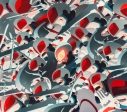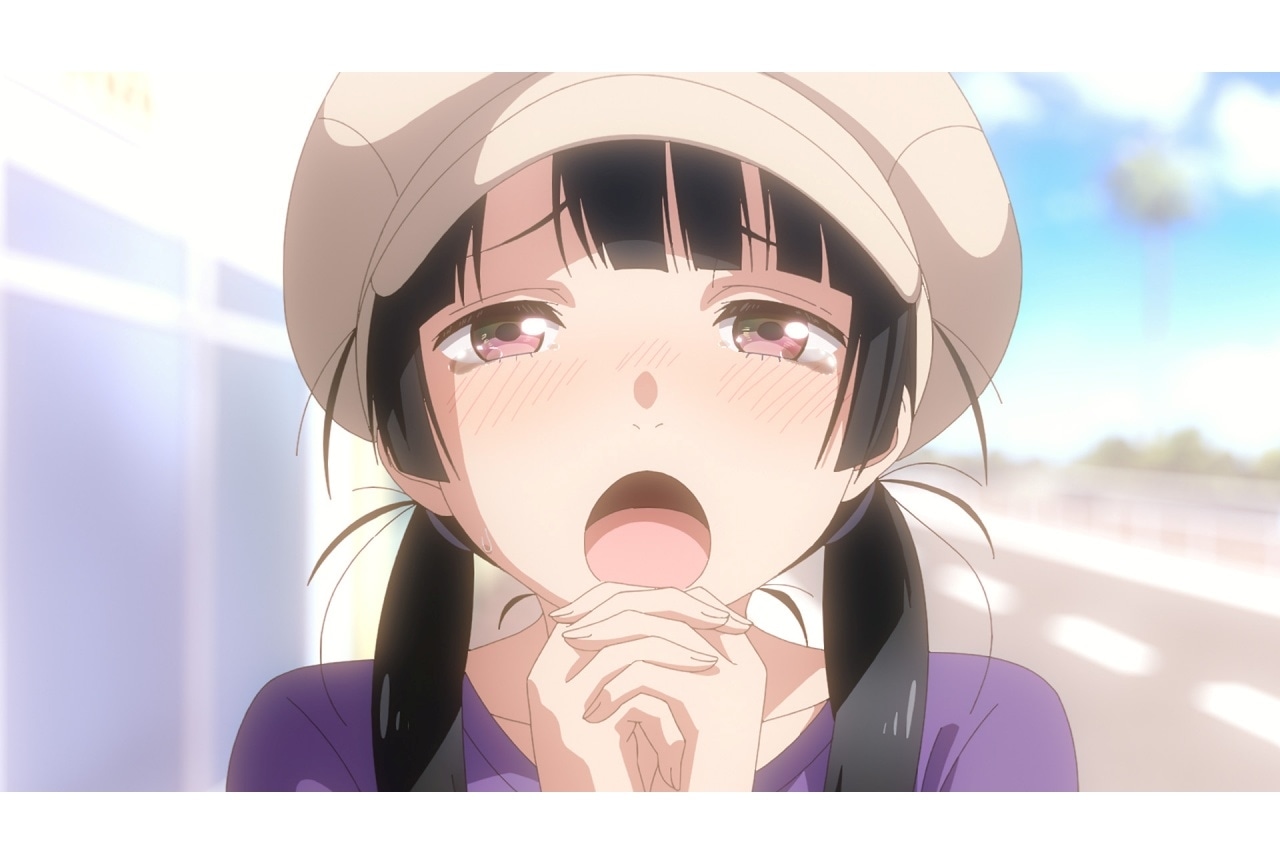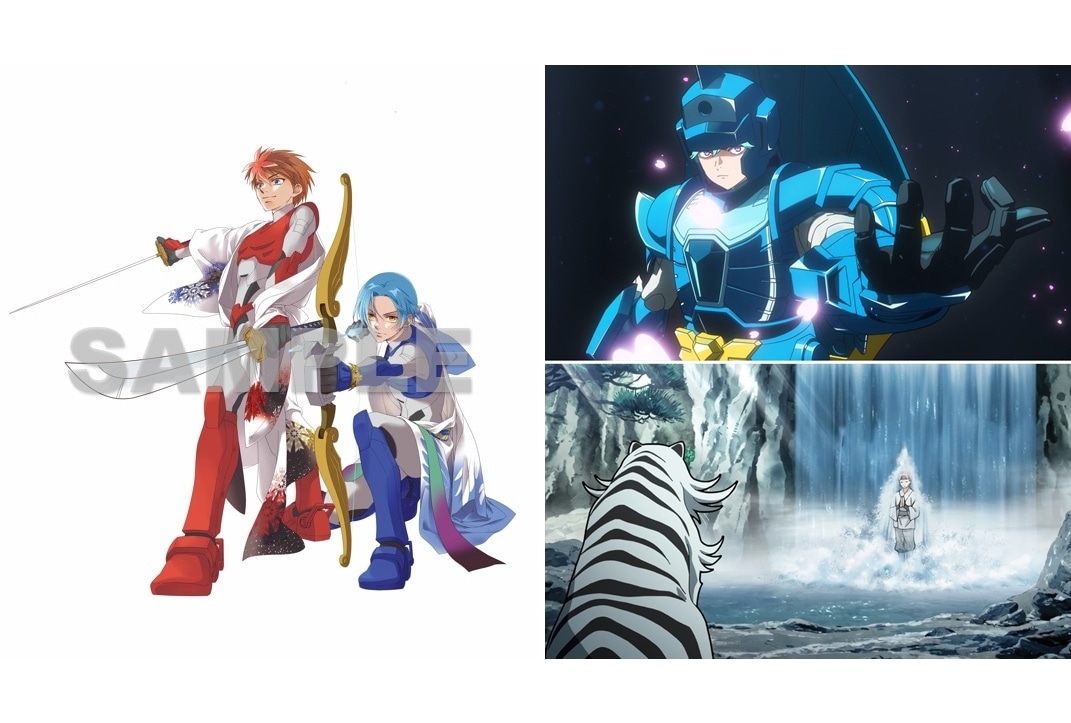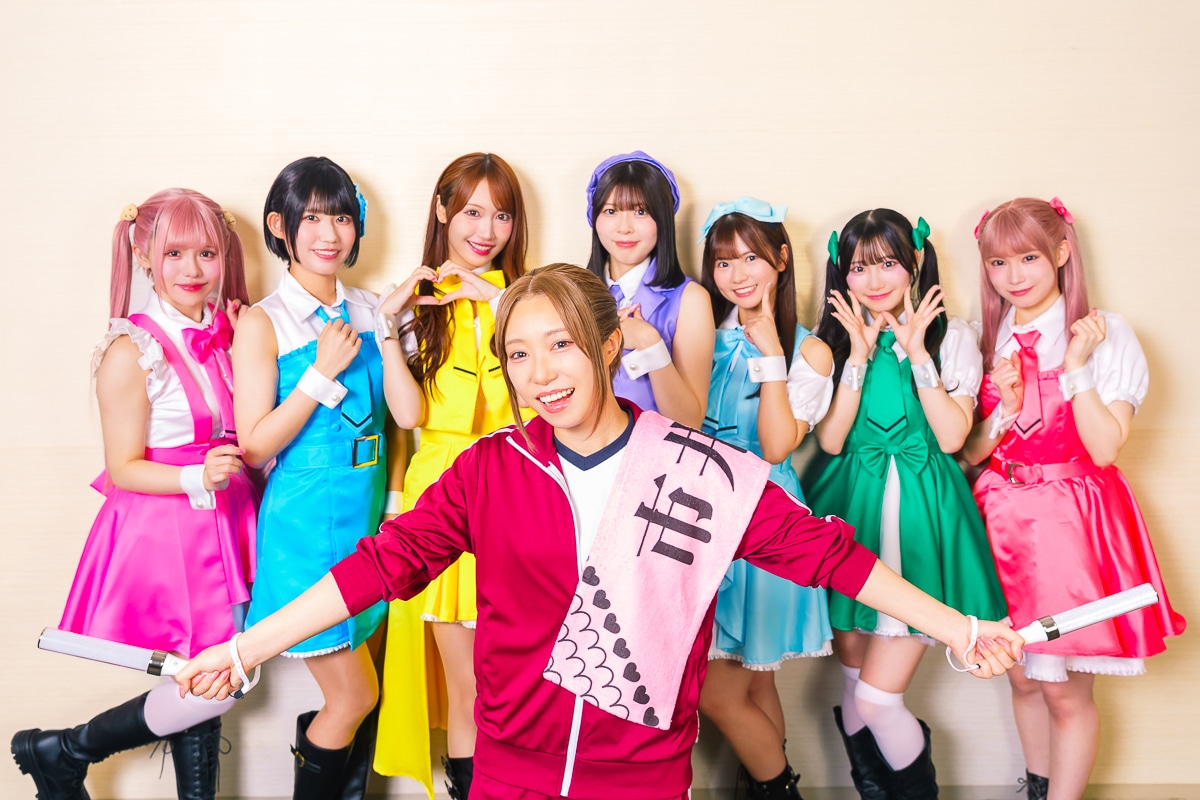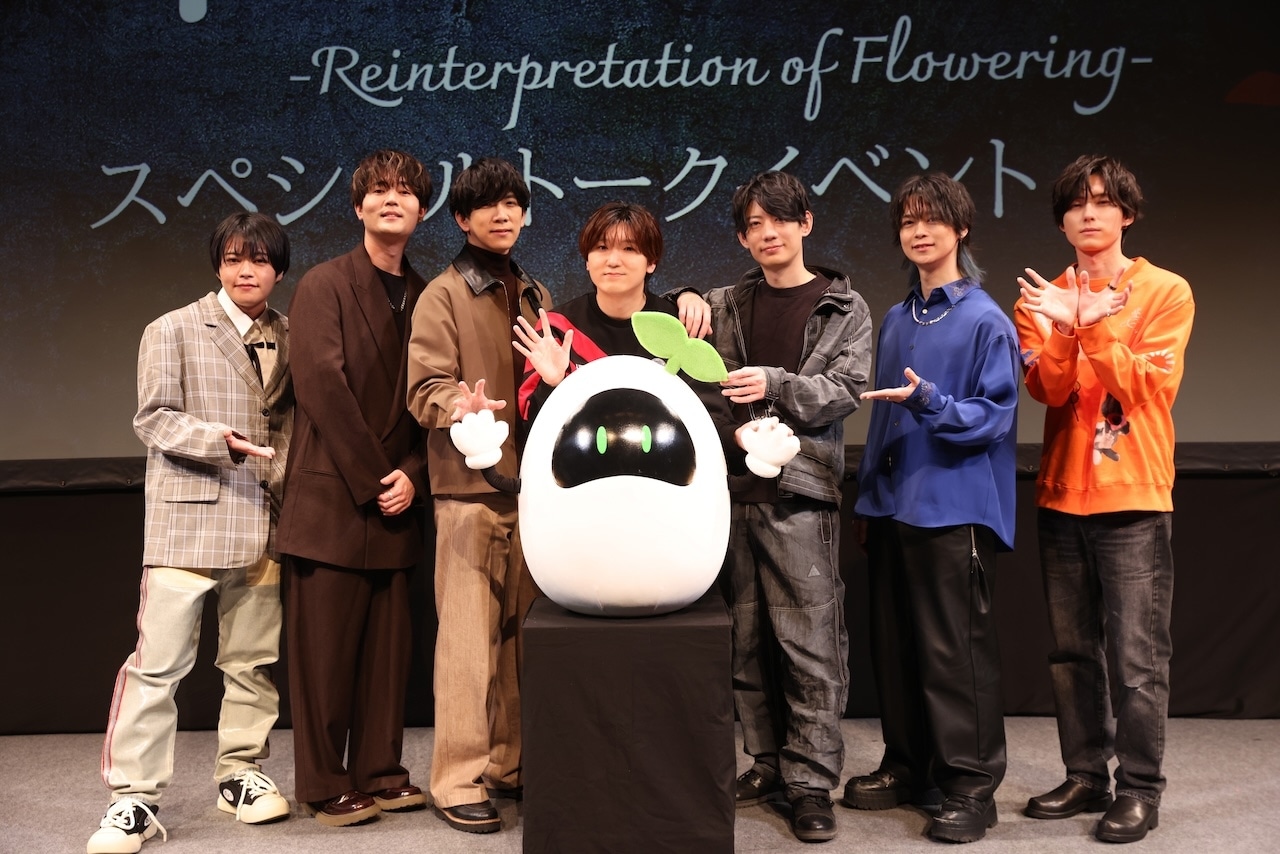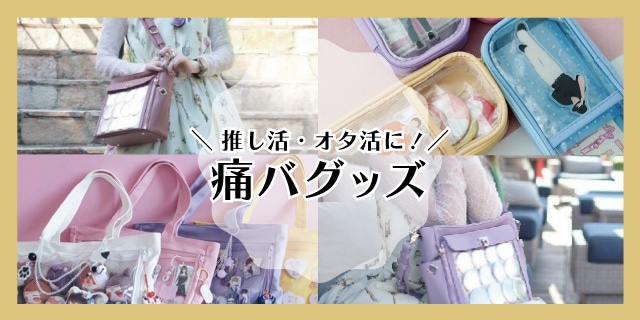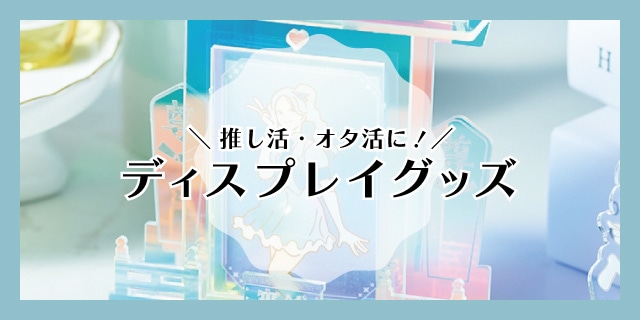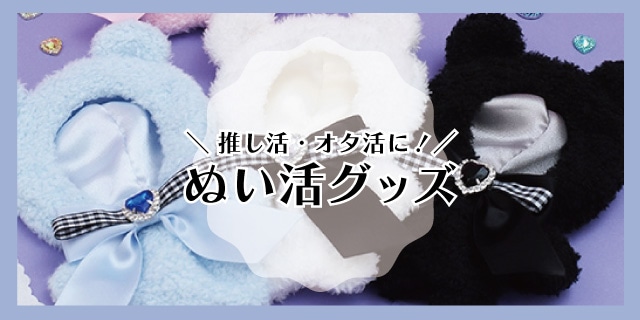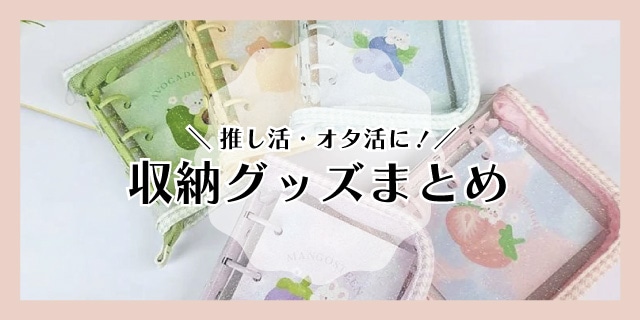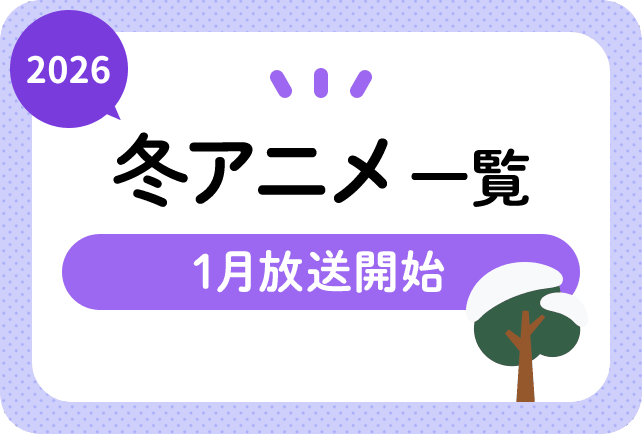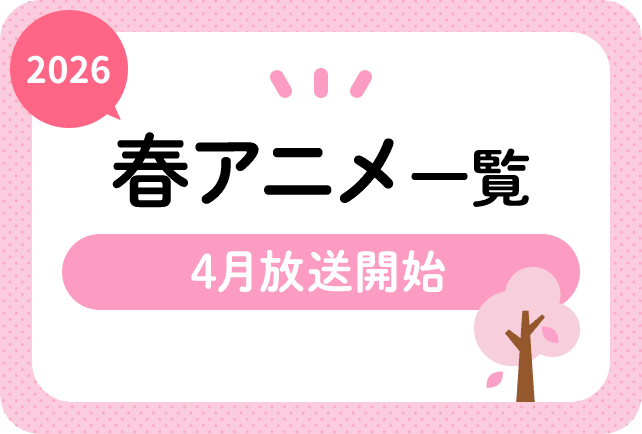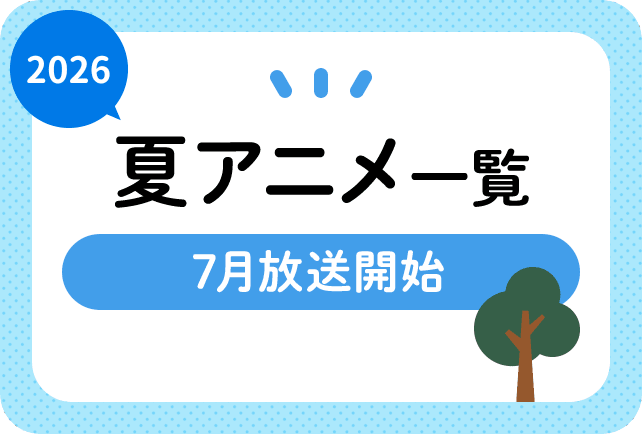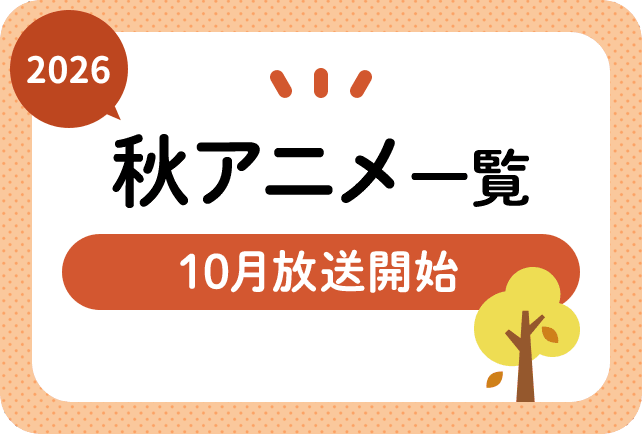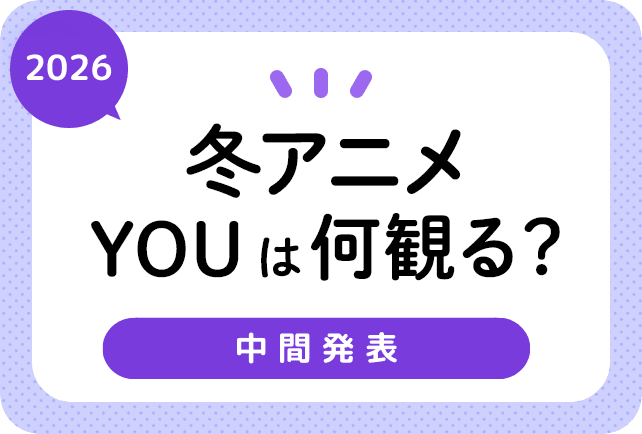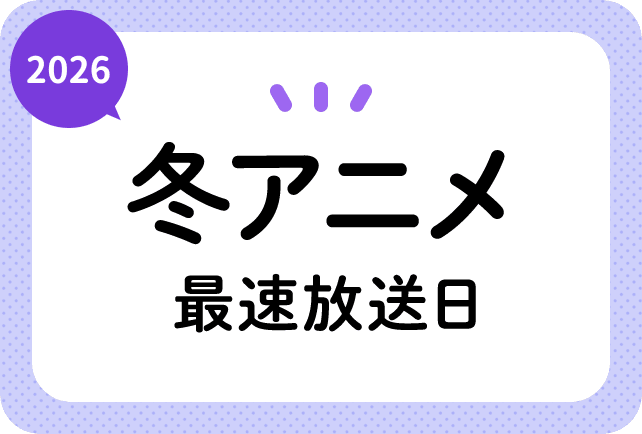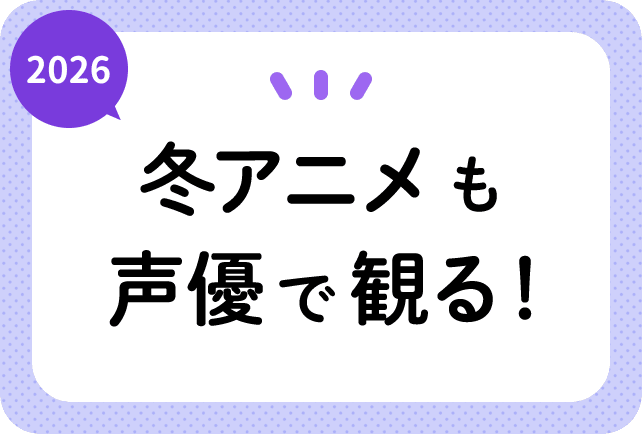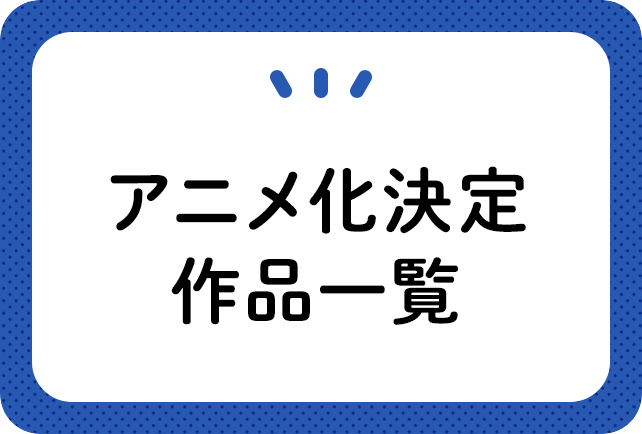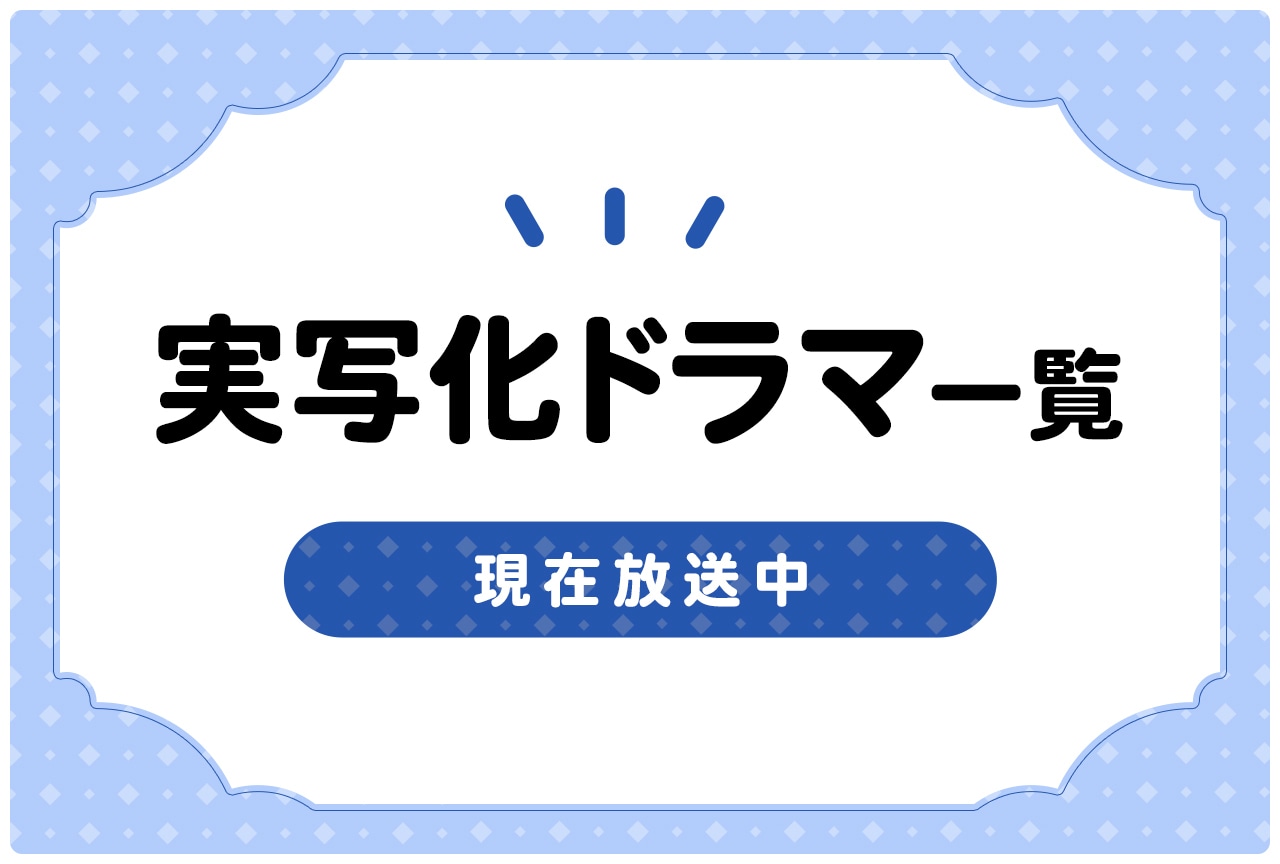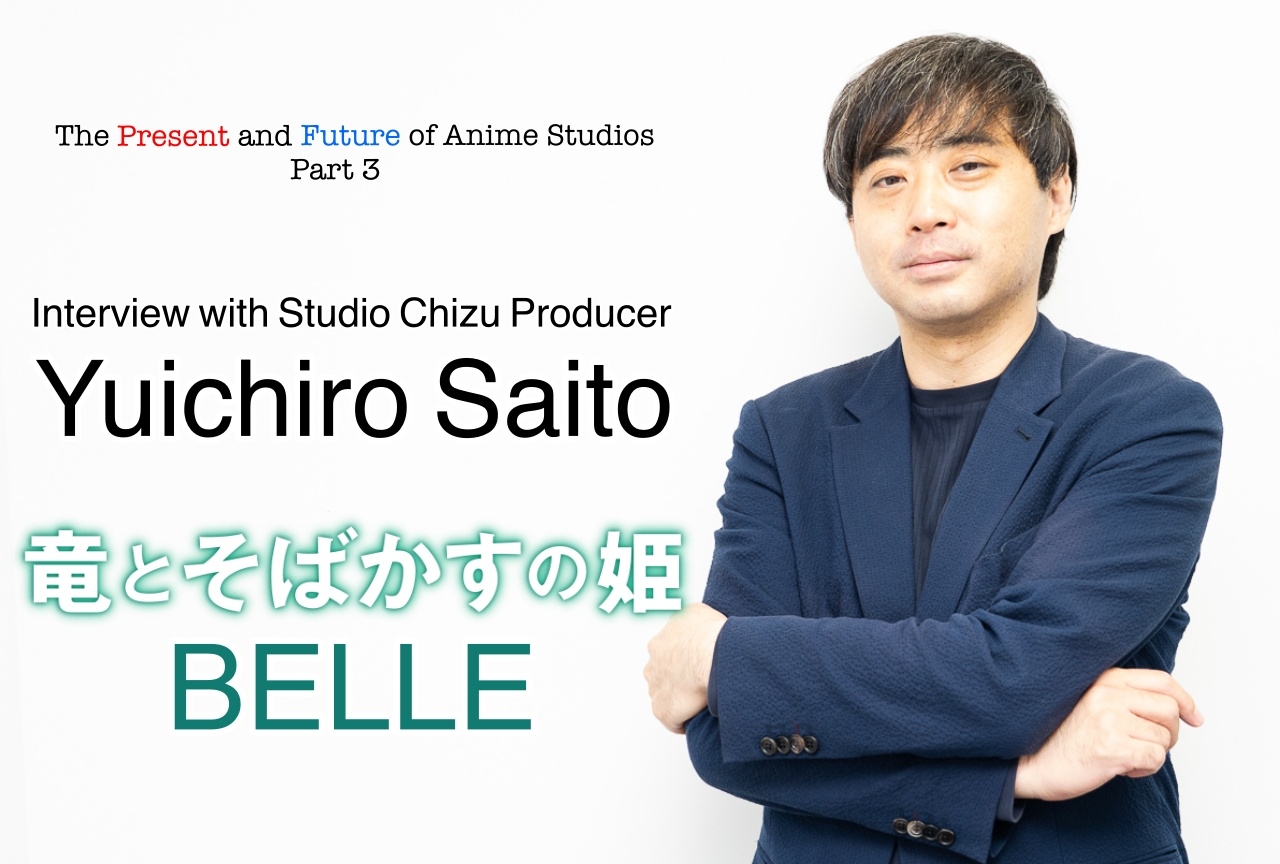
The Present and Future of Anime Studios (Part 3) │Speaking With Studio Chizu’s Yuichiro Saito About What Has and Hasn’t Changed With Animation
A Movie has to be a Movie
ーー How were things when you officially started working together?
Saito: When we started working together, I thought that he was, in many ways, quite a difficult director.
Kadokawa Shoten’s Tacashi Watanabe was also a producer, so we shared the same joys and sorrows. During the busy times when we were working on The Girl Who Leapt Through Time, we would call each other over 540 times a month to talk about the film and the director (laughs).
ーー (laughs)
Saito: However, Hosoda taught me a lot. It was my first time working on a movie, and I was representing the company as a producer. Maruyama kicked off the plan, so I had done many things under his supervision. However, I’d never been a “total producer” who does everything from planning a movie, making it, marketing, and overseeing many different people. So although it was kind of my first time working on a movie, I was actually working on a different movie at the same time, and well, I just didn’t have enough experience.
At that time, Maruyama was the overall producer at MADHOUSE, and - he may not like me putting it this way - things were done according to the "Maruyama Style of Producing," at least that's what I saw. This may be obvious as he was the supervising producer, but if Maruyama said that something was OK, then it would be OK in the end.
When Maruyama appointed me as the producer, he gave me one instruction. That was to “let Hosoda do whatever he wants as much as possible.” At that time, I thought that was pretty obvious advice. However, getting close with the creators combined with my lack of experience made this a difficult task…
ーー That’s a trap anyone can fall into.
Saito: I think so. I have many stories that I could tell, but one in particular stands out. Hanako Oku created the theme song and an insert song for The Girl Who Leapt Through Time, and I wanted to use one of her songs for the ending, but it didn’t go well.
The first song that was completed was the insert song “Kawaranai Mono” (Unchanging Thing). Oku made this song with the image of Makoto and Chiaki, who returned to the future, in mind, and I thought that it would be a great ending song because it represented their youth and both of their feelings. However, Hosoda’s opinion – and this connects to BELLE as well – is that one should choose their own life, have vitality, and be able to go towards their future. These are the positive, forward-thinking emotions that he wants to convey.
Makoto’s thoughts are that “You have a future. I have a future. We may not be able to meet anymore, but we will be able to meet again someday in the future,” and Chiaki makes the decision to go back to the future. If you think of it like that, it's a very positive and forward-thinking song that would be great for the ending.
When Hosoda said, “‘Kawaranai Mono’ is a great song, but it isn’t the ending song,” I couldn’t believe it.
We made six songs, seven songs, but Hosoda kept saying no. Even the music producer said, "Give me a break."
If things continued like this, we wouldn't be able to make the release date, so I had Hosoda come to a convenience store at 4 AM and told him I had something to talk about. I said, "Sorry, but we have a time limit. Choose the ending theme from the seven songs we've made." I was just about pushed to my limit.
When I said what I had to say, Hosoda wasn’t mad, but he warned me saying “Saito. A movie has to be a movie. If you give up now, it’s over. A movie is a movie, so the director and producer have to give it everything that they’ve got until there’s nothing left. That’s why you can’t give up.”
If it kept up like this, we wouldn’t be able to do the dubbing or make the opening date. With Hosoda’s warning of “You can’t give up” and “If you give up now, it’s over,” I tried again, and the result was the ending song, “Garnet”.
ーー Wow! That’s quite a tremendous story.
Saito: Hosoda is the one who taught me about making movies. I think he taught me many things about what a movie is, what a producer is, and what the role of a director is.
When I bring this story up, Hosoda just says, "At that time, Saito was in a haze." (laughs)
ーー(laughs)
Saito: All I can say is, "Sorry, I'm still in a haze!" (laughs). That’s the kind of relationship that we have.
ーー (laughs) By the way, when I interviewed Mamoru Hosoda, he said that the fan reaction to an animated version of The Girl Who Leapt Through Time was that it was too old-fashioned. But once the seal was broken, it ended up being quite popular. From your analysis, why did this movie end up becoming so popular?
Saito: Simply put, because of Mamoru Hosoda’s talent.
ーー Of course, that’s the answer.
Saito: I think that’s the key. Studio Chizu prioritizes the film and the creators, so of course the director making our films prioritizes that as well. You have to have talent to be able to do that.
I’ve wondered what talent is, and I think that it is “something that exudes from every facet of your life.”
For example, if I’m asked to describe The Girl Who Leapt Through Time in a single phrase, I would say, "it's a movie of regret.”
Everyone has something they regret. Each human carries their regrets with them and tries to bear them while moving on. For the director, Howl’s Moving Castle has to be one of his regrets.
He couldn’t complete Howl’s Moving Castle. In general, wasn’t the care that he put into producing and directing enough? If it was necessary, should he have - for the sake of the large number of staff coming together to make the film - bowed down to Hayao Miyazaki and Isao Takehata and begged to be taught by them? Why did he quit Toei Doga instead of just being temporarily relocated to Studio Ghibli? He must have many regrets.
The things that he couldn’t do then he tried to do with Ojamajo Doremi. He tried to complete many things after that too, but he just couldn't do it.
However, when the single chance to make The Girl Who Leapt Through Time came after quitting Toei Doga, he faced forward and completed all the things he couldn’t before by making this movie. That is the concept of The Girl Who Leapt Through Time - it’s the core of the work.
What he exudes in his life is the truth and quality that shines through in his works. That is what makes him strong.
ーー It exudes from him, huh?
Saito: Yes. My general theory is that Hosoda’s works basically help children and youth who are struggling with their identity. The films push them to decide what kind of person they are and what they should do. With those decisions, they’ve taken a half-step into the future direction they wish to grow.
That’s been the topic since Digimon: Our War Game, and I believe that BELLE also has this theme.
In this generation, how should children and young people live? Because the message is “All of us need to secure the future that we want the next generation to live in," Studio Chizu’s films have a freshness to them.
The original Girl Who Leapt Through Time novel was written in 1964, where they imagined these dreamlike futuristic cities. It was in the middle of the Cold War, so who knew when nuclear war would break out – it wasn’t unthinkable then. So they imagined the 21st century's ideology towards famine, war, and income inequality as something that had been overcome through human intellect, creating a wonderful world. That was the kind of thing written in that generation.
However, that wasn’t the case, and with the large generational change, people no longer believed in these dreamlike stories. When we turned to the future, we decided that we needed science or some sort of separate entity to enrich our lives. Hosoda thinks that this is what humans want for the future. With that, the biggest symbol of a generation becomes the souls of the children and youth themselves.
That’s why there was meaning behind creating The Girl Who Leapt Through Time and why it was necessary.
To get the youth to recognize their identity, raise their awareness, and gain the vitality to take a step forward, we want to celebrate their future. Without a doubt, through the new version of The Girl Who Leapt Through Time, I could see the creator’s truly amazing talent.



